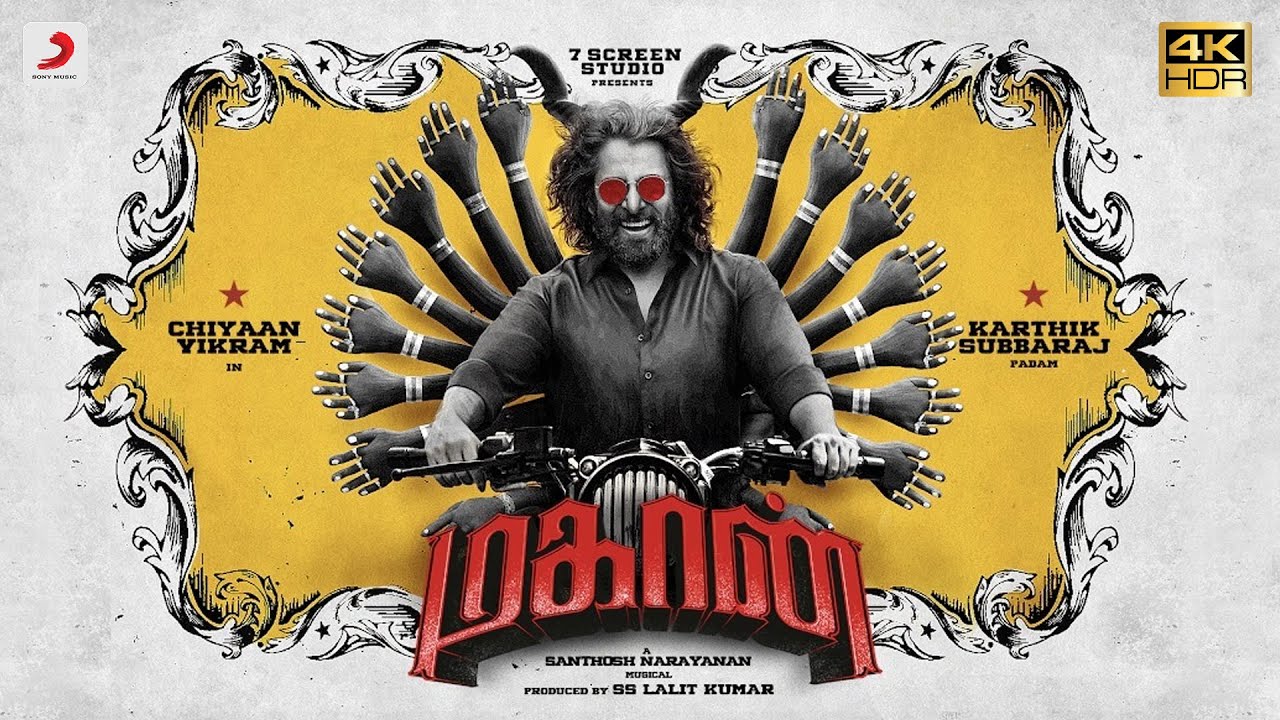The Madras High Court, on Thursday, passed a temporary order restraining filmmaker-poet Leena Manimekalai and director Susi Ganesan from publicly discussing their respective stances in their ongoing legal battle over the #MeToo sexual harassment allegations raised by Leena against Ganesan.
This means neither of them can make any public comments on the issue on social media or speak to the press about the proceedings.
The order was passed after Ganesan, who has filed a civil defamation case at the High Court, sought an interim order restraining Leena from making public statements against him.
Earlier, Ganesan had also filed a criminal defamation case against Leena, at the Saidapet Magistrate court in Chennai, which is still ongoing.
Ganesan’s civil suit also names others such as singer Chinmayi Sripada, Twitter India, Google LLC, Meta (Facebook), Dhanya Rajendran (Editor of The News Minute), and Dhivya Marunthiah. It seeks damages and a permanent injunction restraining all those named from making any defamatory statements him.
In the suit, Ganesan has alleged that Leena, in “connivance” with Chinmayi, posted a tweet that was “defamatory enough to negatively impact” his career prospects as a “reputed filmmaker.” He added that the tweet, which was retweeted by Chinmayi, Dhanya, and Dhivya, among others, accused him and his wife of threatening actor Amala Paul for outing his alleged predatory behaviour. Amala has also accused Ganesan of sexual harassment.
Recommended
The director has said that Leena’s statements are “highly defamatory, absolutely false” and intend to tarnish his reputation. He also mentioned that they “spoiled his image” with music director Ilaiyaraaja, whom Ganesan is set to collaborate with for an upcoming film. Also referring to an interview given by Leena to Dhanya for TNM, Ganesan claimed that it contained statements “detrimental” to his image.
Justice Abdul Quddhose, after hearing the arguments, concluded that “irreparable injury” could result from such public statements, if the allegations levied against Ganesan were ultimately proved to be false during the trial.
The judge thus directed that both parties shall not approach the media or publicly discuss the case, while it was still subjudice.


